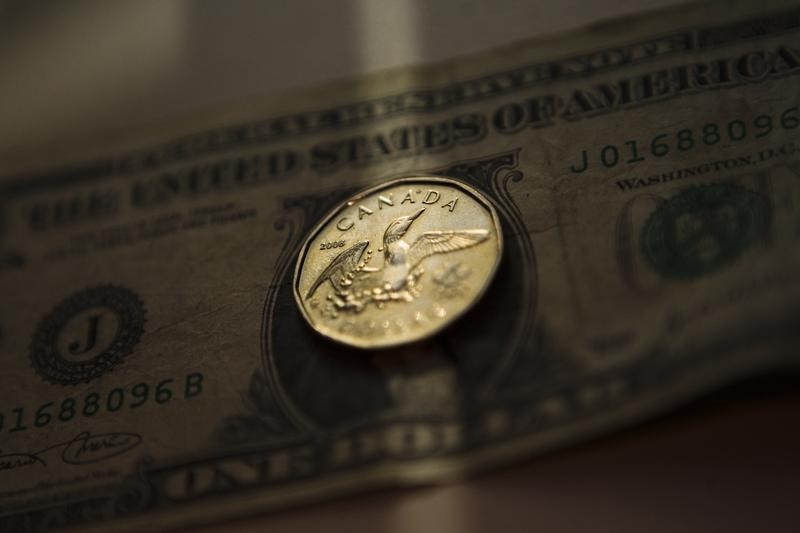Investing.com - The U.S. dollar dropped to two-week lows against its Canadian counterpart on Tuesday, weighed by disappointing U.S. manufacturing data although a dowbeat Canadian report on foreign securities purchases limited the local currency's gains.
USD/CAD hit 1.2363 during early U.S. trade, the pair's lowest since February 3; the pair subsequently consolidated at 1.2396, declining 0.57%.
The pair was likely to find support at 1.2351, the low of February 3 and resistance at 1.2538, the high of February 13.
The greenback came under pressure after the Federal Reserve Bank of New York said that its general business conditions index decreased to 7.8 this month from a reading of 10.0 in January. Analysts had expected the index to dip to 8.5 in February.
The data added to concerns over the strength of the U.S. economic recovery after data last Friday showed that the preliminary reading of the University of Michigan’s consumer sentiment index fell to 93.6, down from January’s final reading of 98.1. Economists had forecast an unchanged figure.
The report came a day after data showing that U.S. retail sales unexpectedly fell 0.8% last month after dropping 0.9% in December, indicating that consumer spending remained sluggish at the start of the year.
Meanwhile, Statistics Canada reported on Tuesday that foreign securities purchases declined by C$13.55 billion in December, compared to expectations for a C$5.35 billion rise. November's figure was revised to a C$4.30 billion increase from a previously estimated C$4.29 billion gain.
The loonie was steady against the euro, with EUR/CAD at 1.4152.
The euro found support after the ZEW Centre for Economic Research earlier said that its index of German economic sentiment rose by 4.6 points to 53.0 this month from January’s reading of 48.4. It was the highest reading since February 2014, but was still below expectations of 55.0.
But investors remained cautious as Greece’s current €240 billion bailout is due to expire at the end of the month and the new Greek government does not want it extended. Athens rejected a proposed six-month extension of the bailout on Monday, calling it "unacceptable".
